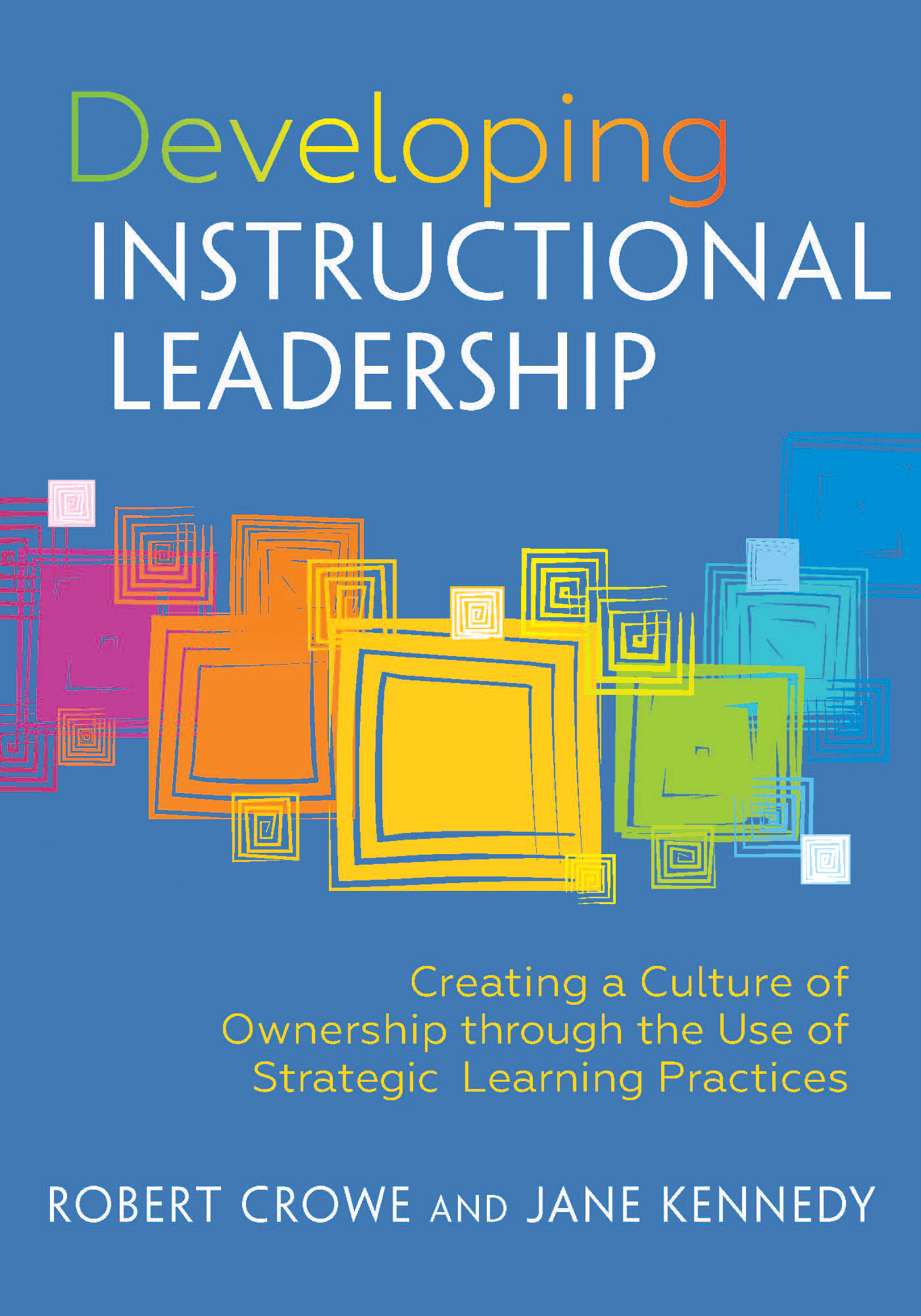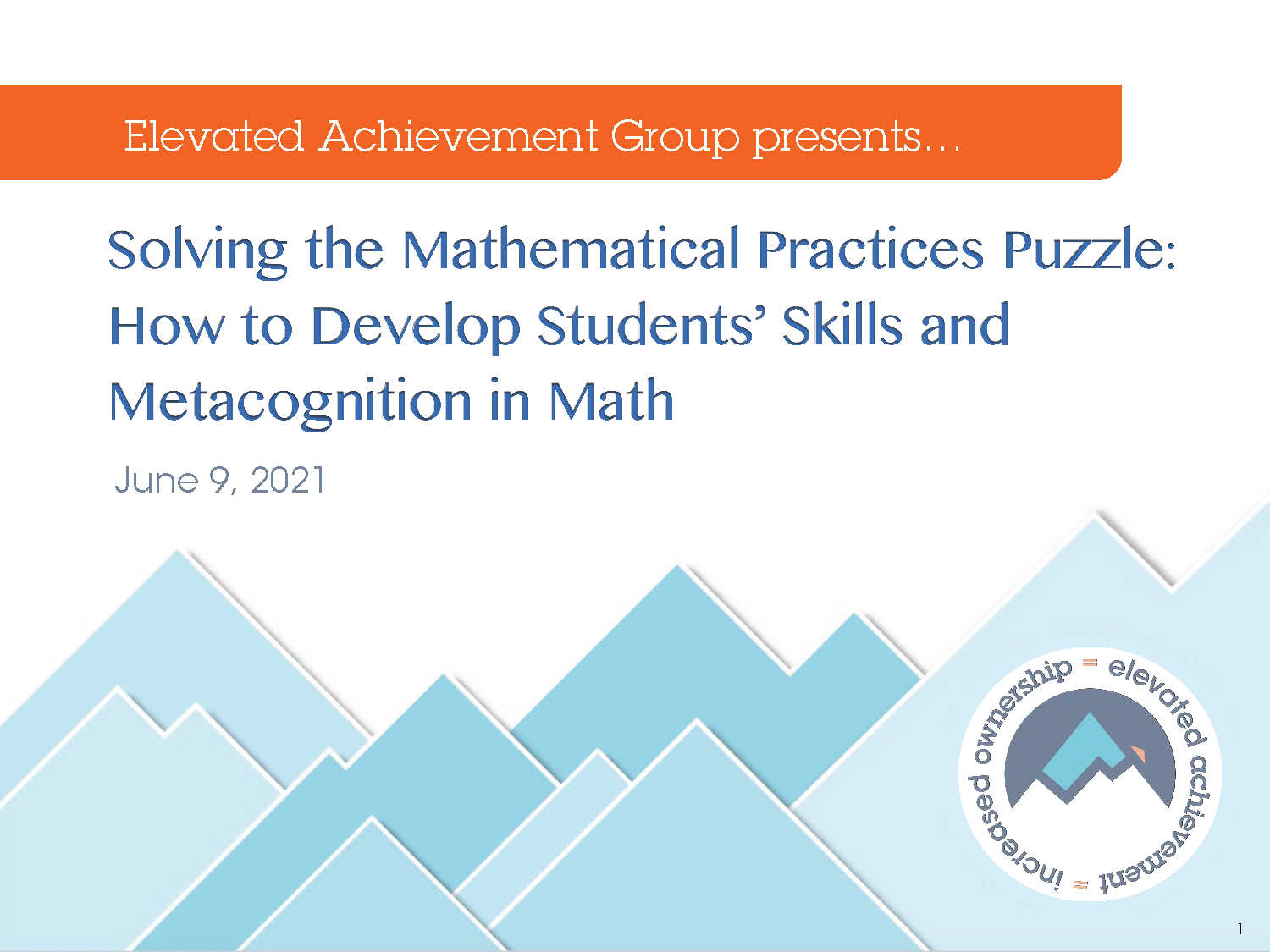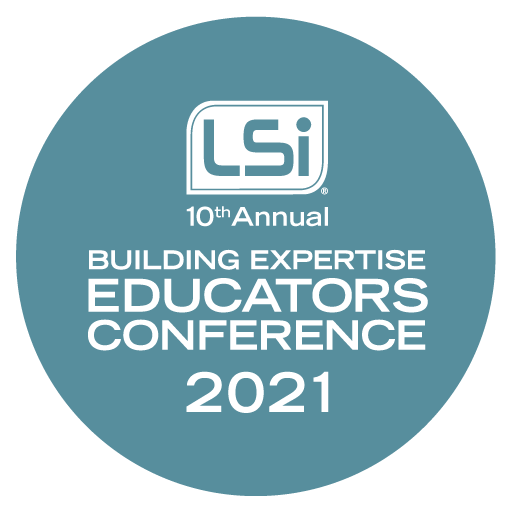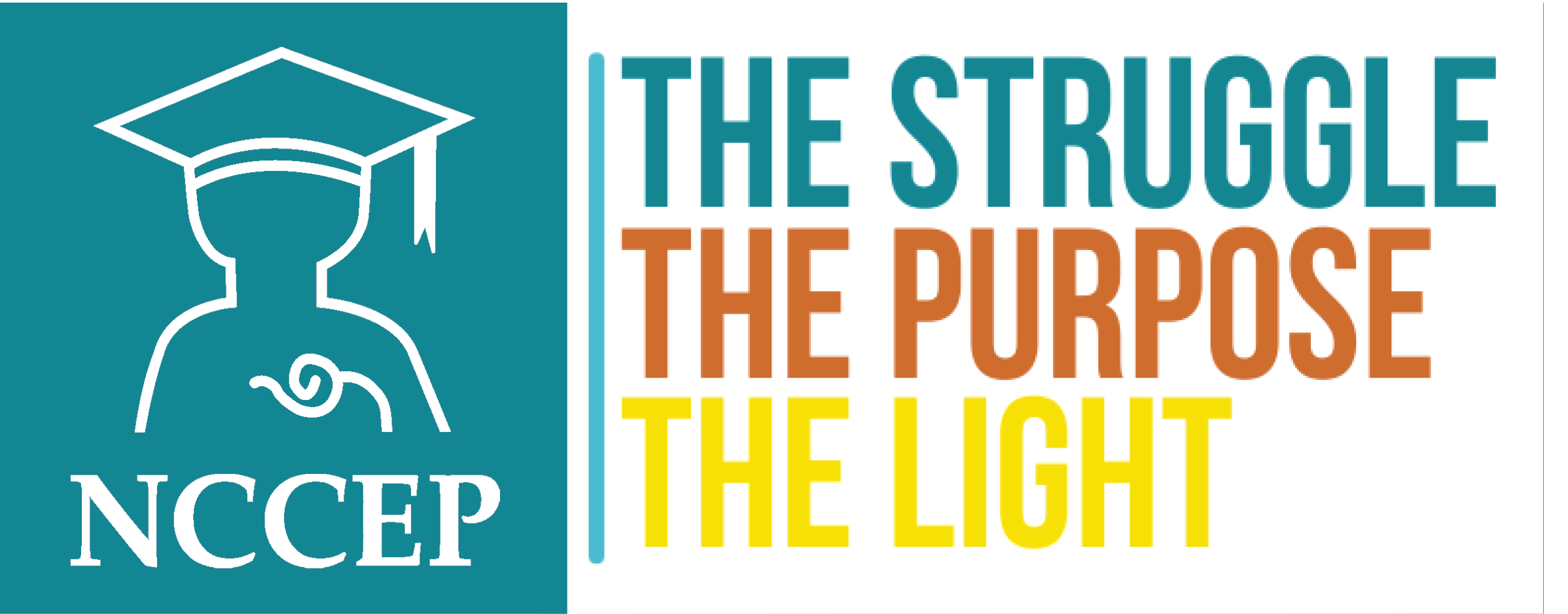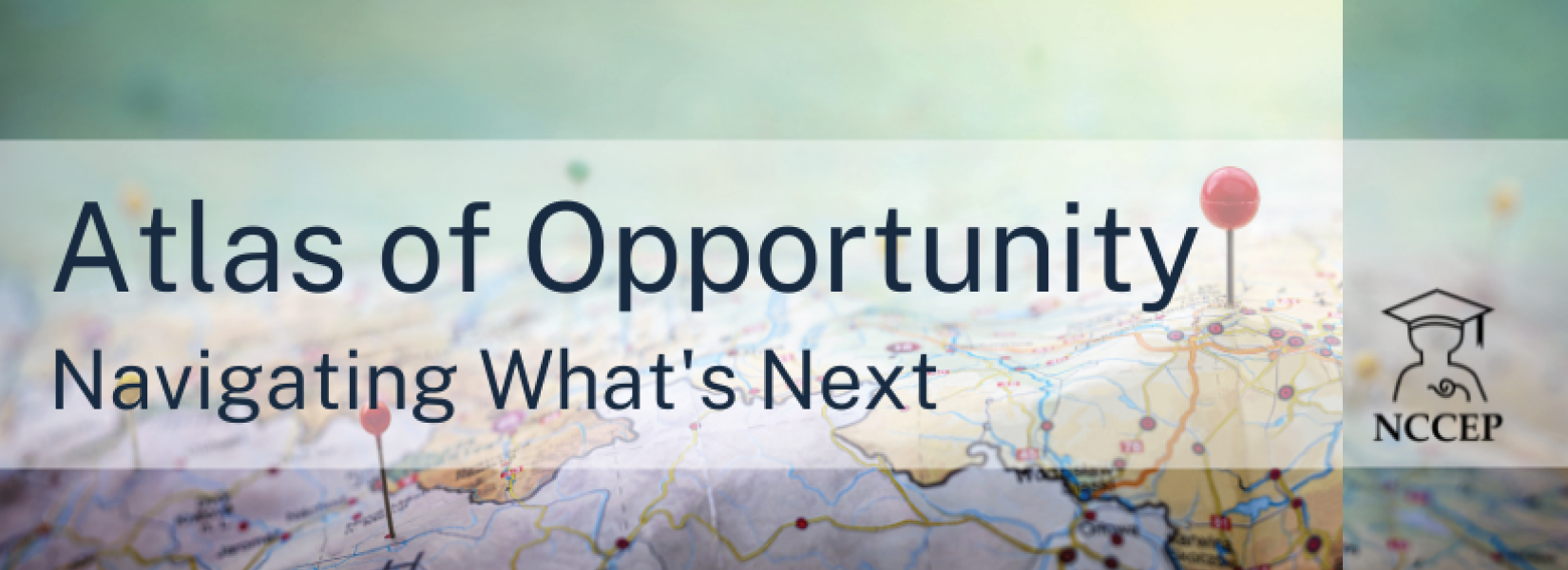Webinar: Differentiated Delegation – How Instructional Leaders Ensure Individual Success
Virtual ConferenceElevated Achievement Group in collaboration with Learning Sciences International presents DIFFERENTIATED DELEGATION—How Instructional Leaders Ensure Individual Success.
A principal utilizing the power of instructional leadership understands that with each new initiative the teacher must be treated as a learner who must receive support specific to their needs. For adult learners, even those who are highly educated in the pedagogy of teaching and learning, this still holds true. Learn a practical way to support each learner to ensure they have their support differentiated in terms of how they understand the initiative, receive the support, and are held accountable. Interact with a process of offering those practices that most effectively and efficiently support adult learning. This LIVE and interactive webinar delivers key tools and resources while answering these questions:
- Why differentiated delegation is critical to the success of school-wide initiatives?
- How to determine a differentiated approach to delegation for each and every teacher?
- What are the guidelines for offering differentiate support for your teachers?
GRCC GEARUP—Solving the Mathematical Practices Puzzle: How to Develop Students’ Skills and Metacognition in Math
Virtual ConferenceFor our students to learn mathematical content at the depth expected, students need instruction that will develop the disposition and ways of thinking that are the foundation of math learning. Participants will reflect on what supports teachers will need to help students develop metacognition in mathematics by
- Defining the two types of mathematics standards
- Defining practices for metacognition
- Analyzing the learning progression of a mathematical practice
- Developing questions to foster metacognition in mathematics
- Determining next steps for implementing continued support to promote metacognition that requires students to examine, externalize, and apply their thinking
LSI: 10th Annual Building Expertise Conference
June 23rd, 12:30–1:30pmPST: Developing Instructional Leadership through Strategic Learning Practices
Of all the hats the principal wears the most vital in terms of increasing academic achievement is that of instructional leader. An instructional leader focuses on the growth of the teacher. An instructional leader respects the teacher as a learner and honors their individual learning process. In this interactive session, learn how to implement school-wide initiatives focused on student achievement and practical feedback and reflection strategies that support professional growth. Interact with research-based actions and practices in curriculum, instruction, assessment, and climate that foster teacher growth and increase student achievement. Learn how to differentiate the teacher’s learning by strategically offering those practices that most effectively and efficiently support distinct styles of adult learning. | Click here to register. | Download Presentation
June 24th, 12:30–1:30pmPST: Developing Student Ownership through Strategic Learning Practices
True success in education requires students to go beyond just doing or understanding school—they must own their learning. This means giving students the authority, capacity, and responsibility to own their learning.— in other words, developing student ownership. Throughout this session, participants will clarify the research on student ownership and explore the practical tools that empower students to build the skills they need to own their own learning while answering the following questions:
- What is student ownership and why is it imperative?
- How can you and your staff develop student ownership?
- How can we help you and your staff develop student ownership?
2021 NCCEP/GEAR UP Annual Conference
July 21st, 11:00–12:00pmPST: Developing Student Ownership: How Parents and Caregivers Can Help Their Children Become Life-Long Learners
Every parent wants their child to succeed. Every guardian wants their child to grow academically. Every caregiver wants their child to build a sustainable future. The best way to do this is to ensure that all children become life-long learners. We know that parents and caregivers have a crucial role in ensuring that their children become life-long learners. But many parents and caregivers don't know how to support their children in this endeavor. Learn how to develop effective and efficient learning opportunities for families that will build their capacity to empower their child to be as successful as possible.
Learning Objectives:
- Examine research-based practices that foster the development of student ownership in curriculum, instruction, assessment, and climate.
- Analyze the phases of an engaging, effective, and efficient learning opportunity for parents and caregivers.
- Reflect on strategies, tools, and techniques that support a systemic effort for increasing family support and student achievement, in order to determine an implementable plan.
2022 NCCEP/GEAR UP Annual Conference
July 20th, 10:45am–12:00pmEST — Solving the Math Conundrum: How to Develop Students’ Skills While Expanding Their Metacognition
Robust mathematics instruction begins with integration of the 8 standards for mathematical practice. But weaving together the practices with content skills is a complex process. This session is designed to provide the context, strategies, and examples teachers need to implement robust math instruction for all students. These resources provide models of what it looks like and sounds like when students are utilizing the practices, along with detailed views of how each practice integrates with specific mathematics content and the tools to do it. Participants will learn how to develop students’ mathematical metacognition by integrating the skills and the practices.
Learning Objectives:
- Examine and utilize instructional strategies that integrate mathematical practices and skills with equal focus, coherence, and rigor for all students.
- Analyze and apply the learning process, examples, and tools for developing metacognition with each mathematical practice.
- Create an action plan that ensures all students receive instruction that fosters their mathematics knowledge and metacognition.
